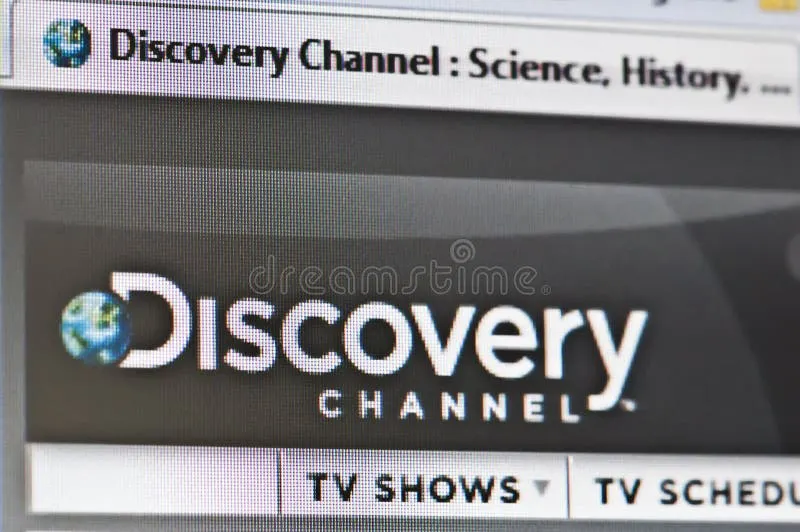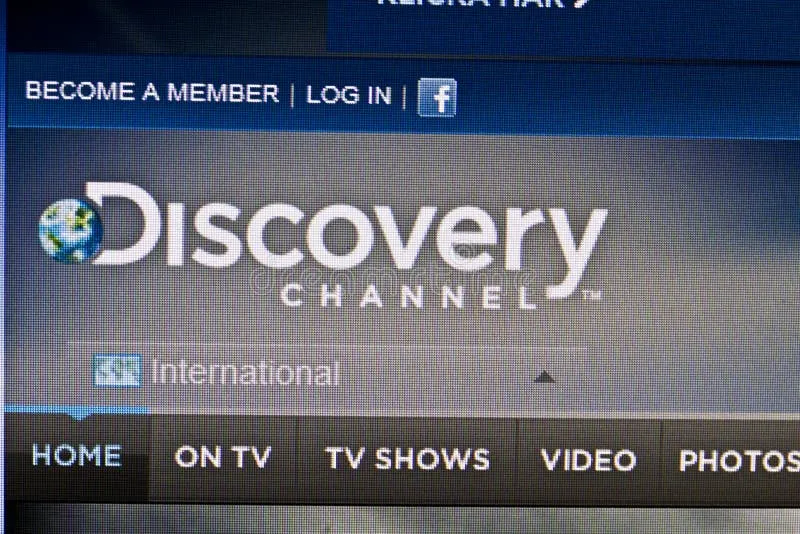The Discovery Channel, once celebrated for its educational and documentary programming, has undergone a dramatic transformation in recent years. Once synonymous with learning and exploration, it now leans heavily on reality TV shows. This shift has raised questions and sparked debates about the channel’s changing identity.
One of the primary drivers of this change is audience demand. Discovery, like many other cable networks, has embraced reality TV because it consistently draws larger audiences and higher ratings. Unlike documentaries, reality shows are less expensive to produce, making them a cost-effective way to boost advertising revenue.
The channel has also fallen victim to “network decay,” or channel drift. This occurs when networks shift away from their niche roots to appeal to a broader audience. For Discovery, this has meant moving from specialized educational content to more generalized entertainment. The aim is to attract a wider viewership, even if it means losing their original identity.
Changes in streaming services have also influenced Discovery’s direction. In 2023, Discovery+ removed live feeds from its own and related channels like HGTV and TLC. This decision likely aligns with plans to merge Discovery+ with HBO Max. By cutting costs and consolidating offerings, Discovery aimed to stay competitive in the streaming wars.

A stark reduction in science and educational programming has been a notable shift for Discovery. Nature documentaries like Planet Earth and Life were once flagship productions in partnership with the BBC. However, when Discovery ended its collaboration with the BBC in 2021, it signaled a significant move away from its roots in factual storytelling.
Discovery’s lineup now features reality TV series like Fast N’ Loud, Street Outlaws, and The Devil’s Ride. These shows focus on topics like car restoration, street racing, and biker gangs—content far removed from the educational focus that initially defined the channel.
Even the iconic Shark Week, once a hallmark of marine education, has shifted toward sensationalism. Critics argue that it now prioritizes entertainment over scientific accuracy, relying on flashy content to drive ratings rather than providing meaningful insights into shark behavior.
The evolution of the Discovery Channel reflects broader trends in media, as channels adapt to shifting viewer preferences and financial pressures. However, the move away from education has left some loyal viewers nostalgic for its former glory.





